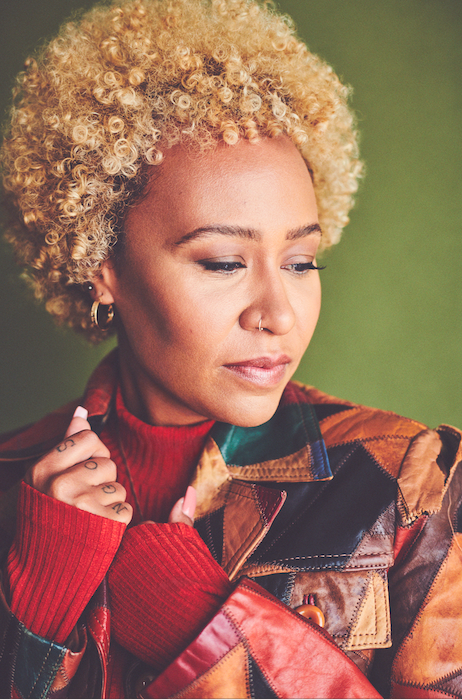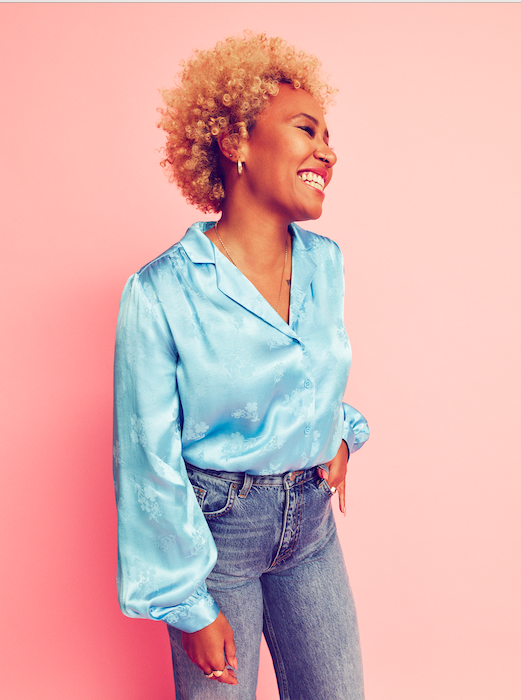Having decided she wanted to work in the music business when she was just eight years old, you could say the writing was on the wall for Emeli Sandé. The Scottish four-time BRIT Award-winner recently released her third album, Real Life, which she has been touring across the UK and beyond with great success. It’s a slight departure from her previous two records, put together with a family feel, the bulk of the writing and demos done at her home studio, and produced and mixed by Troy Miller in his studio at the bottom of his garden. But it’s a special album with some great songs and quite breathtaking vocal performances. We sit down with the artist to talk about her musical journey, and her brave transition to make the jump from songwriter to artist.
Life is good for Emeli Sandé, who is recently back from a holiday in Bali – a trip she took alone to get some time for herself. “It’s a very spiritual place,” she reflects. “A great location for a retreat and detox, really! [smiles] It’s the first time I have been on holiday by myself, but I’m glad I did it, as it is quite something to get some time for yourself.”
We start at the beginning: how Emeli got found, and her break getting signed initially as writer. “I remember always wanting to be a singer and writer from very young, even though up in Scotland I had no idea how to get to London,” she says. “I had all these demo tapes, and any time I could try and get out there, I would be pushing for that. I met [British songwriter and producer] Naughty Boy (real name Shahid Khan), and we began writing together. It was at that point that I got signed as a songwriter, and found myself writing for people like Alesha Dixon, Sheryl Cole, and Susan Boyle. So that was very exciting, and even then I thought ‘wow, if I can make a living and afford to live in London as a songwriter, that would be an incredible life!’ but there was always something pulling me to want to perform the songs.”


